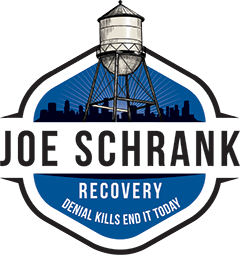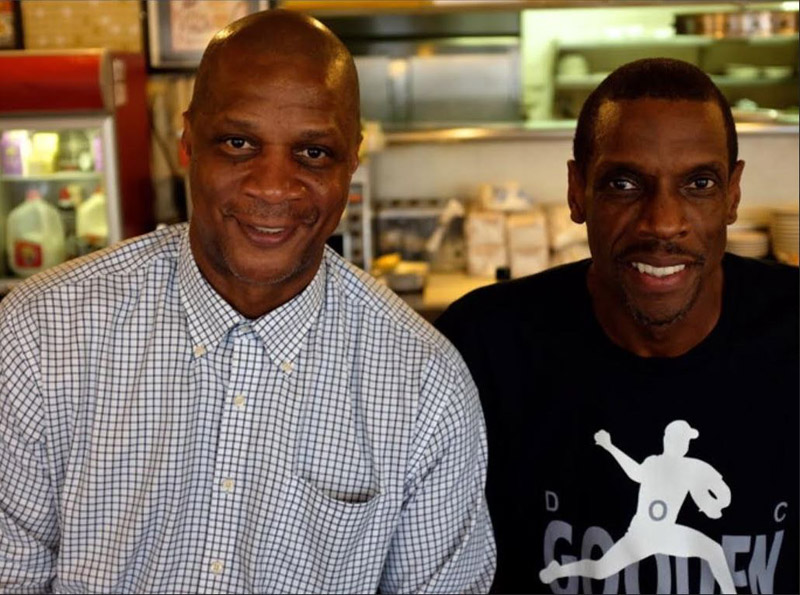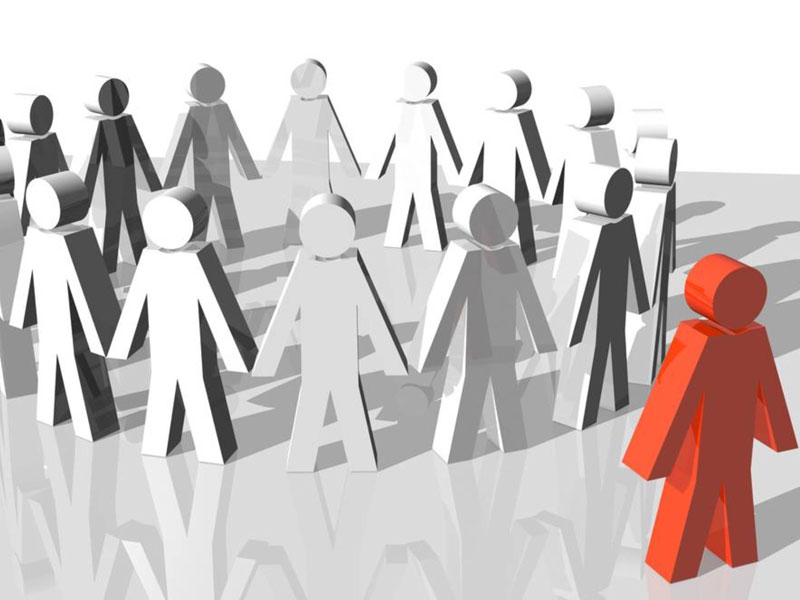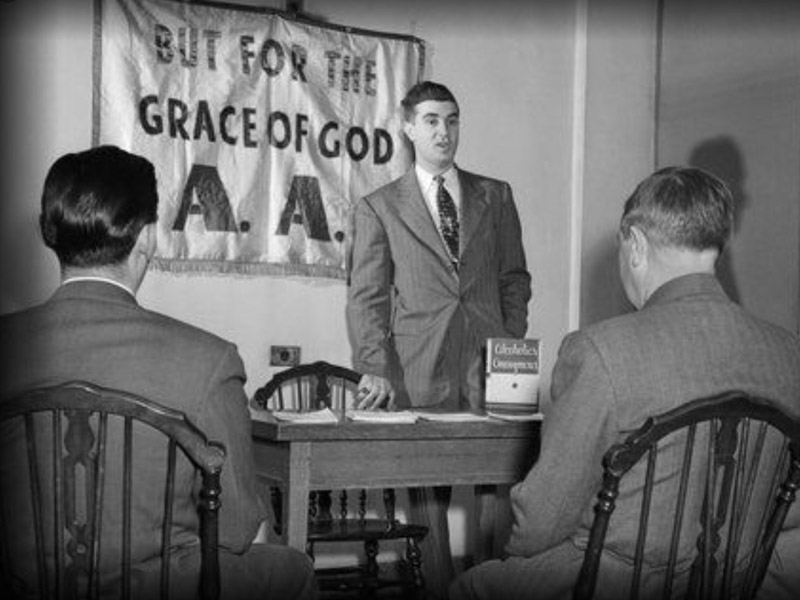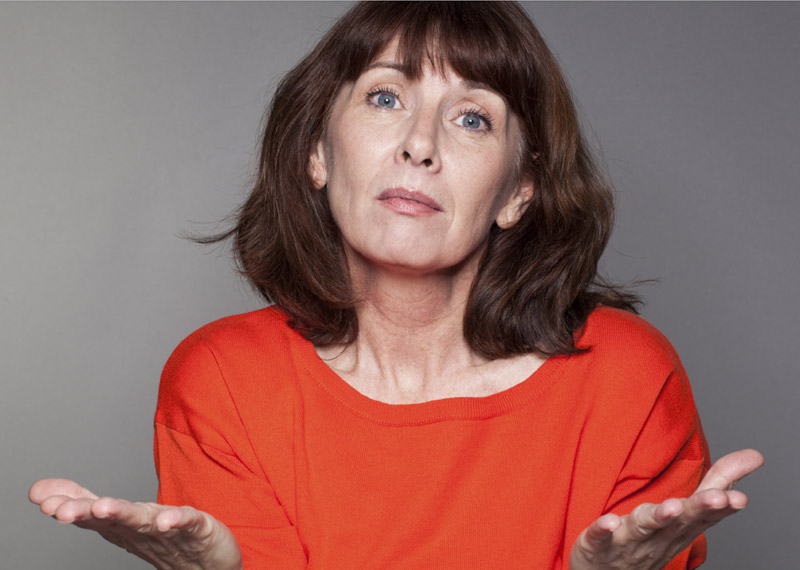When most Americans think of addiction and overcoming it, Alcoholics Anonymous, more commonly known as AA comes to mind. For most of the country, AA is often seen as the punch line of a joke and conjures up images of a meeting in a church basement with a circle of chairs and complimentary coffee in paper cups. But as the new documentary “A New High” shows, there’s a new recovery program that’s hoping to give AA a run for their money.
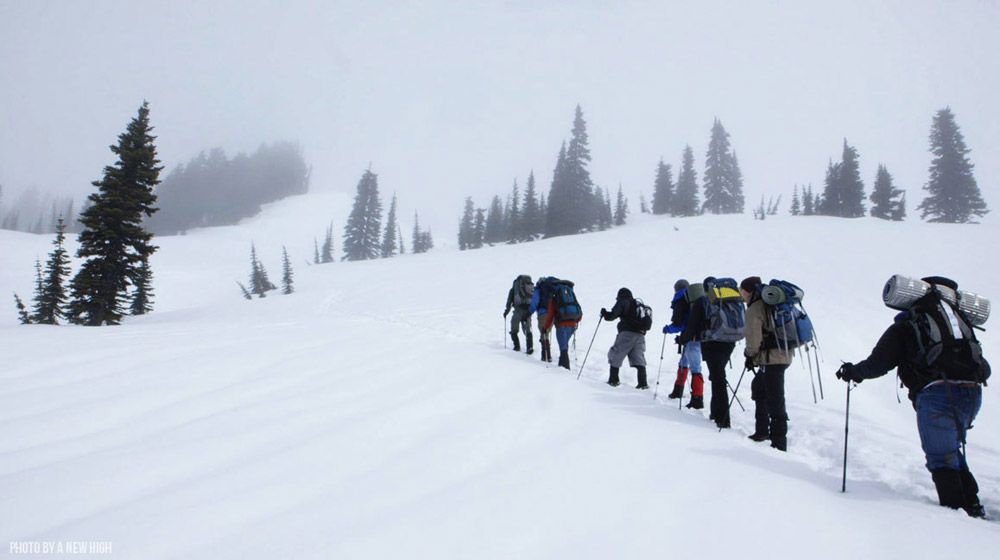
“A New High” is a documentary exploring the idea of rehab in a non-traditional way. The film chronicles the lives ofthose addled by addiction, some with shattered lives who have had multiple unsuccessful attempts to rebuild their lives and themselves. These people have found themselves in the care of Seattle’s Union Gospel Mission and dynamic former Army ranger, Mike Johnson. Johnson recruits a group of addicts to climb the 14,400-foot Mount Rainer, in hopes that the climbing of the physical mountain will help them to be able to climb and overcome their own personal mountains within.
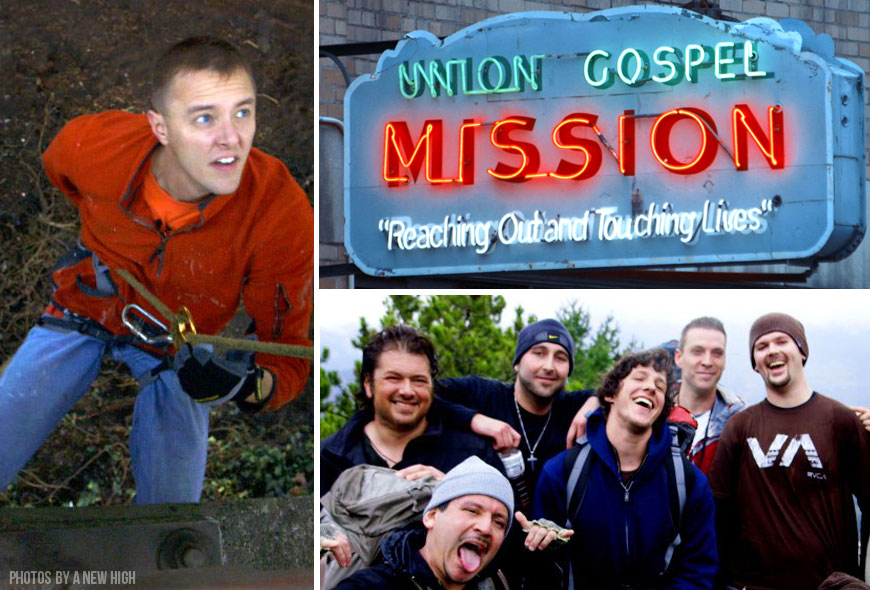
“This climbing thing, it gives them a chance to write a new story, a story of success, a story of hard work, the chance to be part of the team,” says Johnson. “It’s up the mountain, or it’s down into the grave.”
Johnson isn’t exaggerating the severity of the situation these people are in.
“The only thing that’s going to happen if I ever relapse is death,” said one of the climbers. “It’s not the way I was raised, it’s not who I am.”
Johnson’s program is so exciting, because it is potentially offering new opportunities to addicts who feel that rehab at AA may not be the right path for them. A growing movement is mounting, rejecting the idea that AA is the only road to recovery and millennials might be the leaders of this charge.
Recovery That’s Outside The Box

Creative, entrepreneurial, and accepting, millennials have made the gay/straight question about as exciting as left-handed or right-handed. They are playing jazz with tired definitions and assigned boxes and they seem to be doing the same with recovery.
According to AA there are 2,040,629 active members worldwide. In the grand scheme of a problem like addiction that number seems low. According to a study done in 2014 by the New York State Office of Alcohol and Substance Abuse Service (OASAS), there are 23.5 million Americans who describe themselves as being “in recovery”. That’s roughly 10% of the American population and 21 million more than AA’s global membership. That proves that AA must not be the only treatment available.
“You just feel so different from everyone else,” said another one of the climbers. “I just never did anything like this, I never thought I could.”
But this documentary begs the question; can an alternative program like this one work? Dr. Scott Bienenfeld, MD, a psychiatrist specializing in addiction says he thinks it can.
“Setting a goal to reach the summit of a mountain would require many of the things we suggest for people attempting to stabilize an addiction,” says Dr. Bienenfeld. “Vigorous physical activity, commitment, accountability and above all, peer support are all necessary requirements.”
Dr. Bienenfeld, who founded Rebound Brooklyn, a medical recovery program for people with substance abuse problems and addiction treatment, goes on to explain more about why AA’s success varies depending on the person.
“The reason AA works for some people is because they are doing something with other people and without intoxication,” says Dr. Bienenfeld. “Being a part of a team, training, goal setting and reaching those goals with other sober people is the kind of mutual help that can keep someone clean.”
Be a part of something bigger
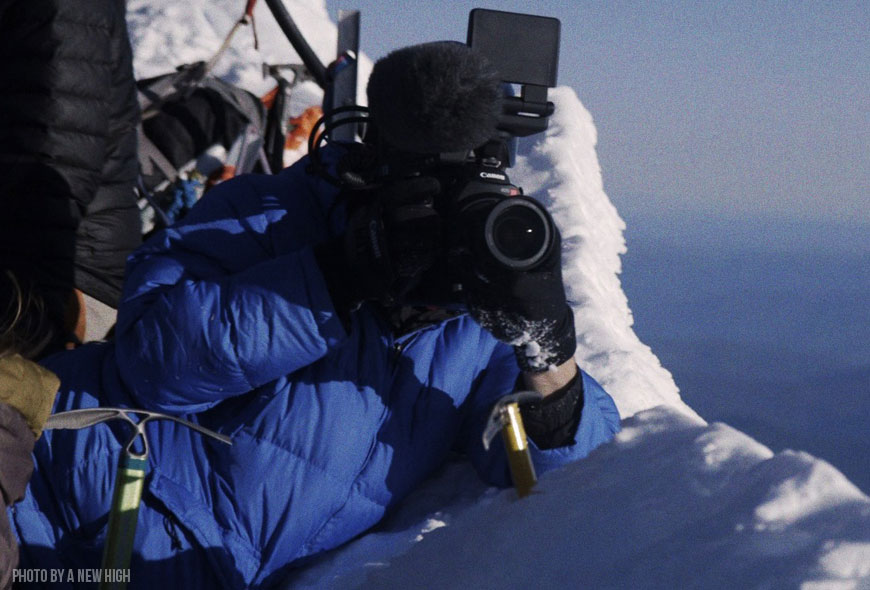
It appears that the reoccurring theme and key when it comes to recovery is to feel like you are a part of something bigger than you. Reading a book in a church basement doesn’t seem to have a monopoly on active participation.
“AA is a great organization but it only works if it works for you,” says Dr. Bienenfeld. “If it doesn’t work, find something else that does.”
With the millions of American families, individuals and communities decimated by addiction when it rears its ugly head, certainly mountain climbing can’t be the solution to a complex and ancient problem. The take away from the film is inspiration, but Johnson sums it up the best:
“I choose joy. I’ve never found myself able to give up on anybody, because I believe in change. Because I saw it. You can do this and if you do, you will never be the same.”
A NEW HIGH will be screened on Saturday, Nov 14, at 9:15pm as part of DOC NYC at the IFC theater. Tickets available at www.docnyc.net.
This post originally appeared on MillennialMagazine.com
